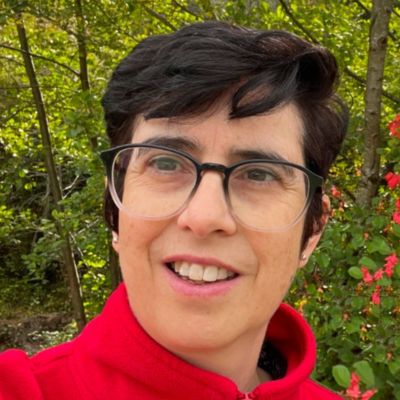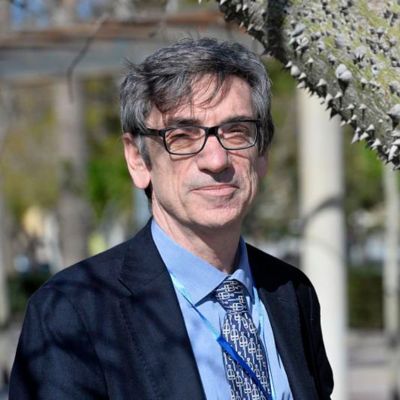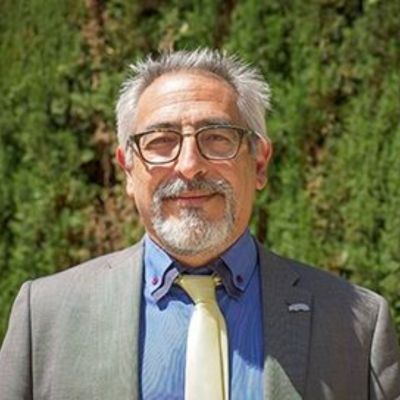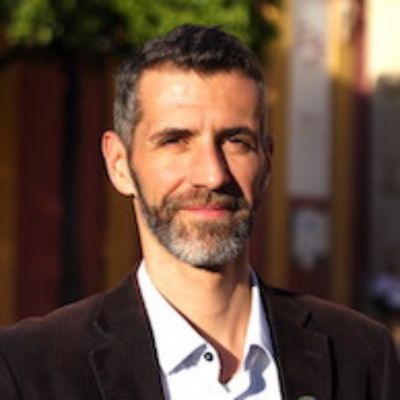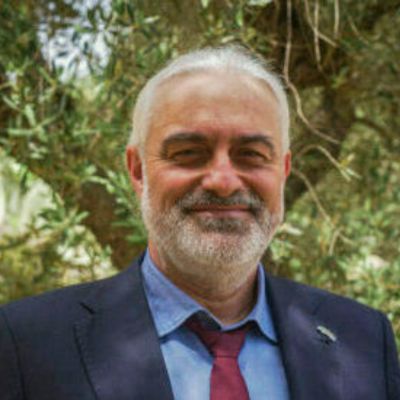Anne Fouilloux has over 20 years of experience in high-performance computing and Earth system science. Her career spans data-intensive computing and optimisation at CNRS-IDRIS (France), software development at the European Centre for Medium-Range Weather Forecasts (ECMWF, UK), research software engineering at the University of Oslo (Norway), and project leadership at the Nordic e-Infrastructure Collaboration (NeIC).
Her work is driven by the conviction that research infrastructures must serve society. She focuses on building scalable, open, and sustainable digital ecosystems that enable researchers, infrastructure providers, and policymakers to address real-world challenges such as climate change adaptation and biodiversity loss.
She has extensive expertise in FAIR principles, FAIR Digital Objects, and distributed e-infrastructures, with a strong emphasis on interoperability and data fusion across disciplines as foundations for Digital Twins, AI-driven analytics, and advanced environmental decision-support systems. A long-standing contributor to open-source communities, she champions approaches such as Discrete Global Grid Systems and cloud-optimised formats like Zarr to remove technical barriers and enable meaningful reuse of environmental data across infrastructures.
Main publications:
Fouilloux A, Iaquinta J, Gupta AK, et al. (2023). Building on Communities to Further Software Sustainability.Computing in Science & Engineering, 25(3): 84–88.
Fouilloux A, Trasatti E, Foglini F, et al. (2023). FAIR Research Objects for realising Open Science with the EOSC project RELIANCE. Research Ideas and Outcomes, 9: e108765.
Magagna B, Fouilloux A, von Szombathely M, et al. (2025). Accelerating Climate Change Adaptation in Cities with FAIR2Adapt. REAL CORP 2025 Proceedings.
